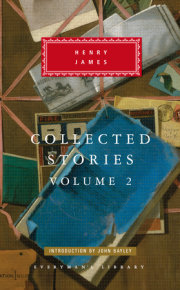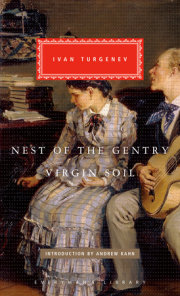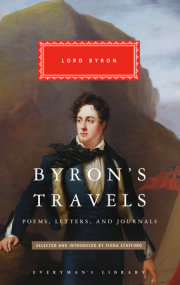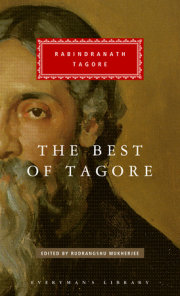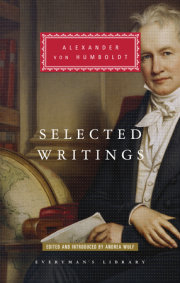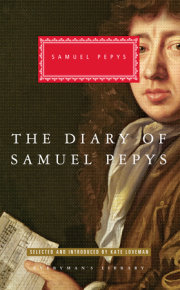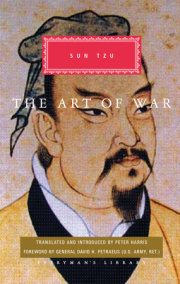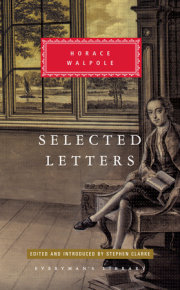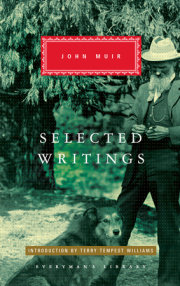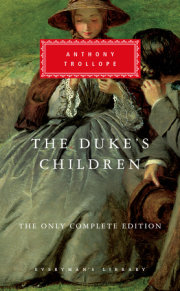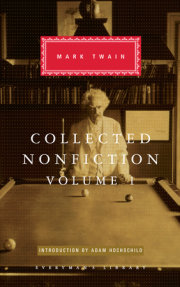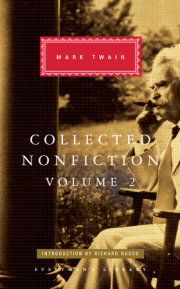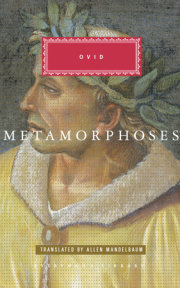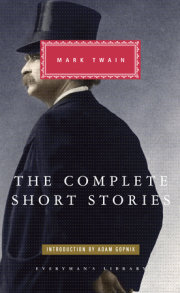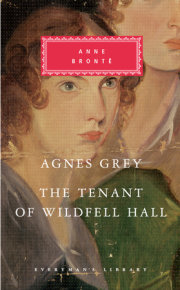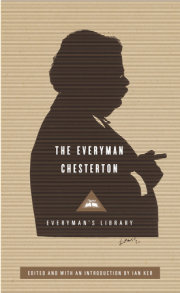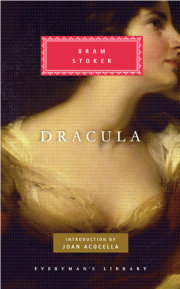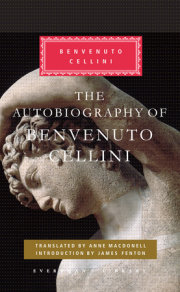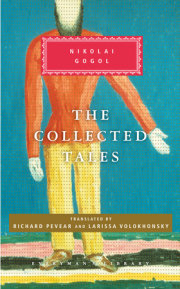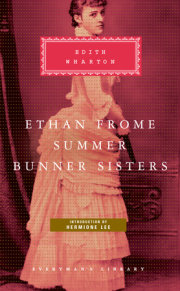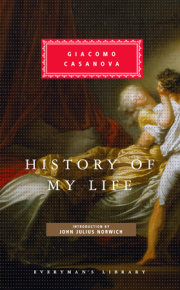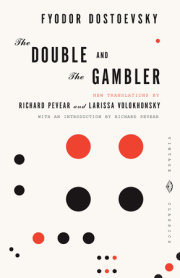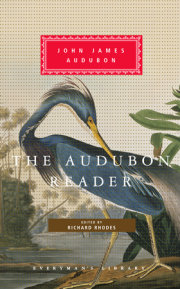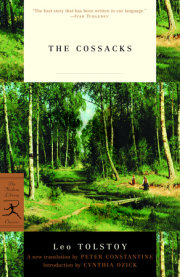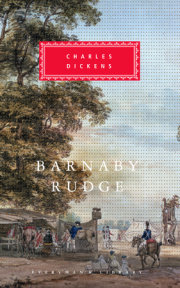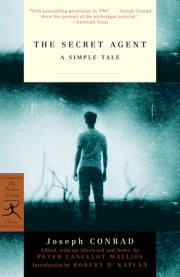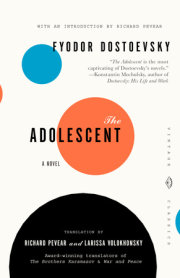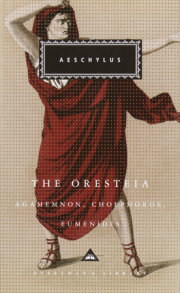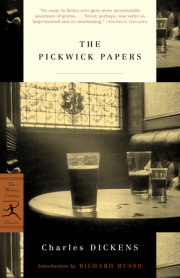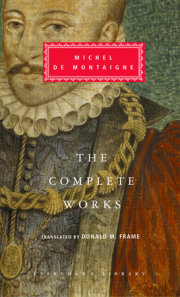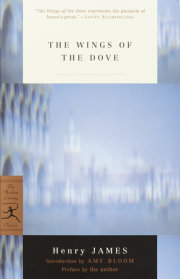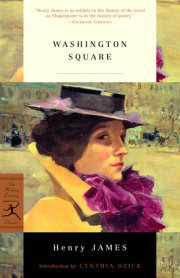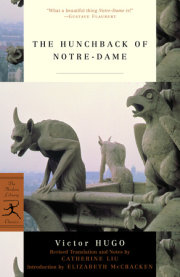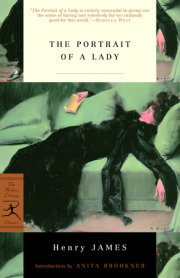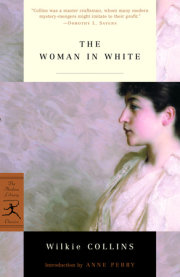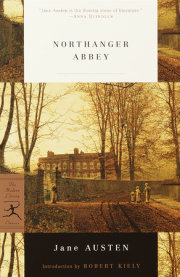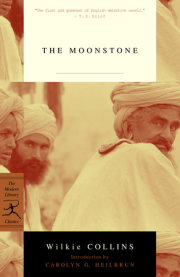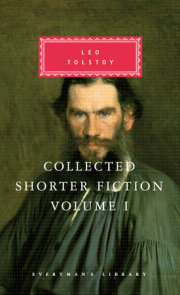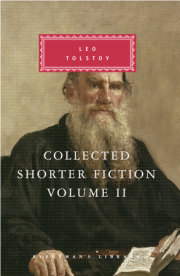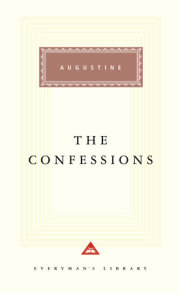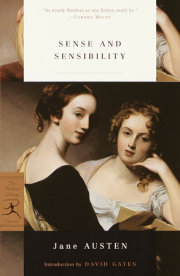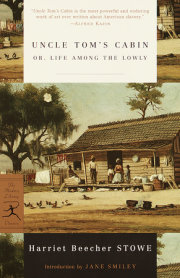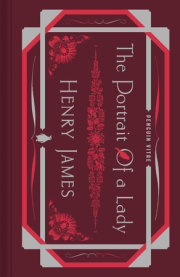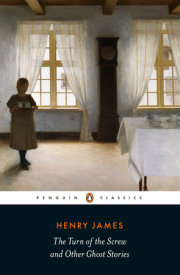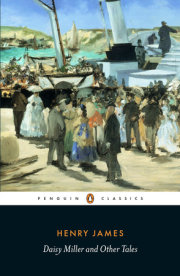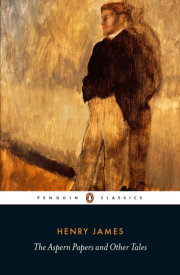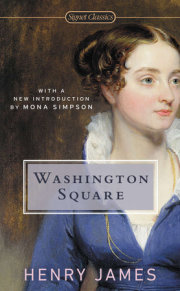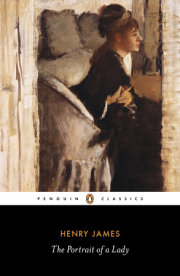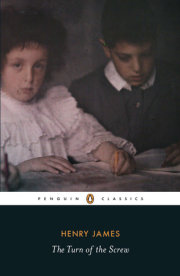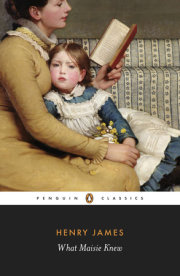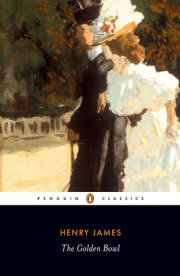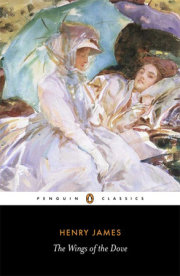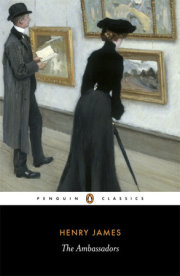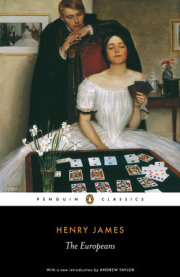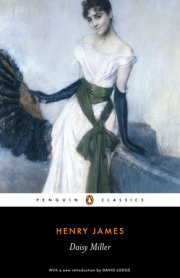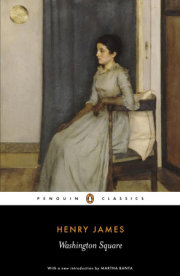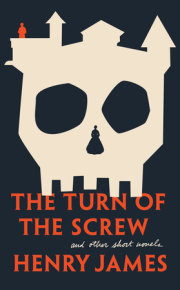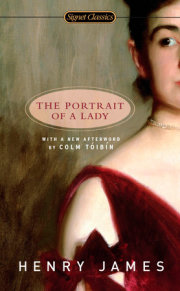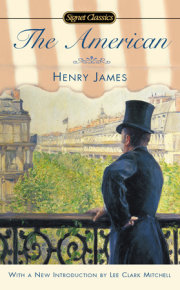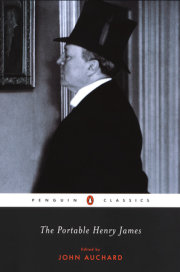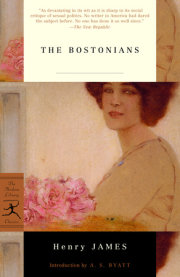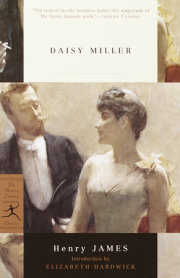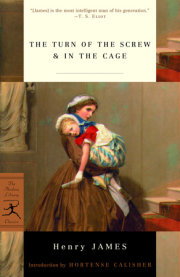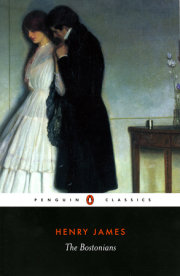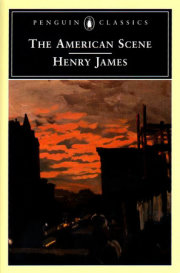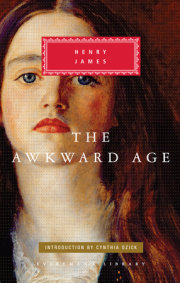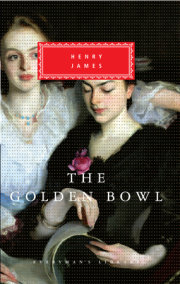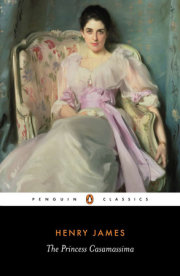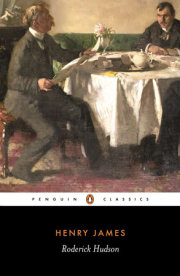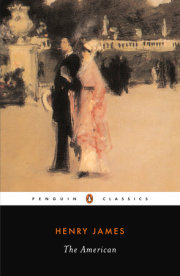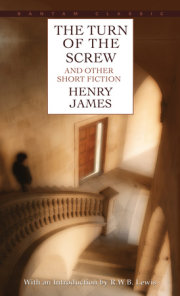
Encompassing a period of almost fifty years, the stories of Henry James represent the most remarkable feat of sustained literary creation in modern times. For sheer richness, variety and intensity, they have no equal in fiction, enabling us to trace the evolution of a great writer in the finest detail. This collection reprints all the major stories together with many unfamiliar but equally intriguing pieces that illuminate their more celebrated companions.
Volume 2 takes us from “The Private Life” of 1892 to James’s last story, “A Round of Visits,” published in 1910. These are the magnificent works of James’s maturity—“The Death of the Lion,” “The Altar of the Dead,” “The Figure in the Carpet,” “The Turn of the Screw,” “In the Cage,” “The Beast in the Jungle,” and many others—in which the deepening darkness of the author’s life casts a tragic but heroic shadow on the themes of his youth.
Contents of Volume 2
The Private Life
The Real Thing
Owen Wingrave
The Middle Years
The Death of the Lion
The Coxon Fund
The Next Time
The Altar of the Dead
The Figure in the Carpet
The Turn of the Screw
In the Cage
The Real Right Thing
The Great Good Place
Miss Gunton of Poughkeepsie
The Abasement of the Northmores
The Special Type
The Tone of Time
The Two Faces
The Beldonald Holbein
The Story in It
Flickerbridge
The Beast in the Jungle
The Papers
Fordham Castle
Julia Bride
The Jolly Corner
Crapy Cornelia
The Bench of Desolation
A Round of Visits
Encompassing a period of almost fifty years, the stories of Henry James represent the most remarkable feat of sustained literary creation in modern times. For sheer richness, variety and intensity, they have no equal in fiction, enabling us to trace the evolution of a great writer in the finest detail. This collection reprints all the major stories together with many unfamiliar but equally intriguing pieces that illuminate their more celebrated companions.
Volume 2 takes us from “The Private Life” of 1892 to James’s last story, “A Round of Visits,” published in 1910. These are the magnificent works of James’s maturity—“The Death of the Lion,” “The Altar of the Dead,” “The Figure in the Carpet,” “The Turn of the Screw,” “In the Cage,” “The Beast in the Jungle,” and many others—in which the deepening darkness of the author’s life casts a tragic but heroic shadow on the themes of his youth.
Contents of Volume 2
The Private Life
The Real Thing
Owen Wingrave
The Middle Years
The Death of the Lion
The Coxon Fund
The Next Time
The Altar of the Dead
The Figure in the Carpet
The Turn of the Screw
In the Cage
The Real Right Thing
The Great Good Place
Miss Gunton of Poughkeepsie
The Abasement of the Northmores
The Special Type
The Tone of Time
The Two Faces
The Beldonald Holbein
The Story in It
Flickerbridge
The Beast in the Jungle
The Papers
Fordham Castle
Julia Bride
The Jolly Corner
Crapy Cornelia
The Bench of Desolation
A Round of Visits
Get the latest news on all things Higher Education.
Learn about our books, authors, teacher events, and more!
Our mission is to foster a universal passion for reading by partnering with authors to help create stories and communicate ideas that inform, entertain, and inspire.
/
